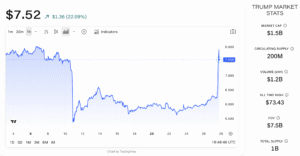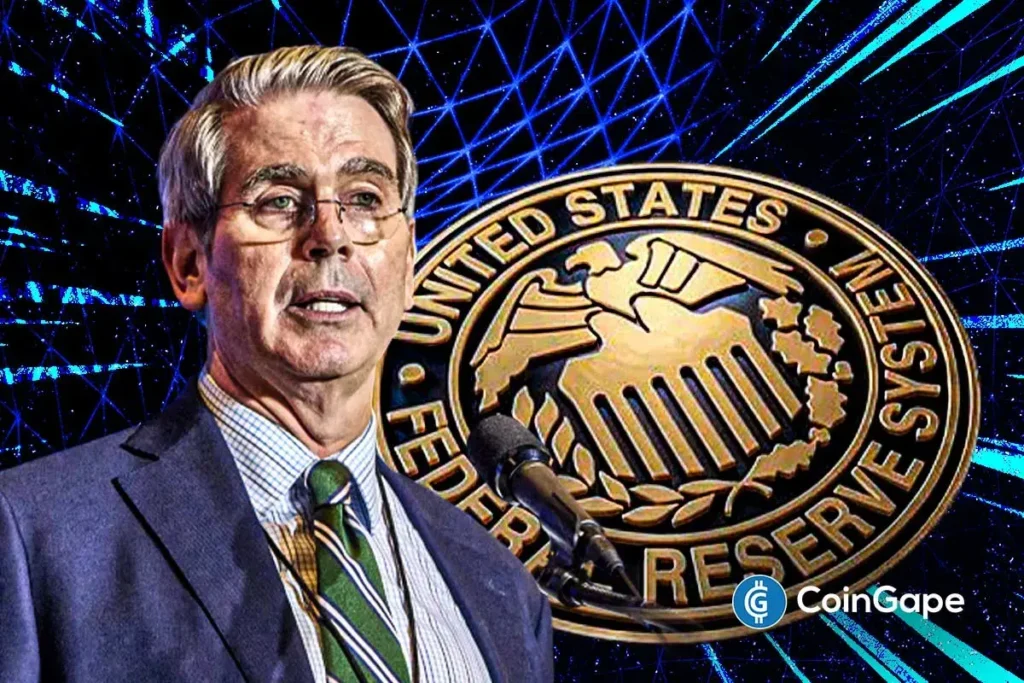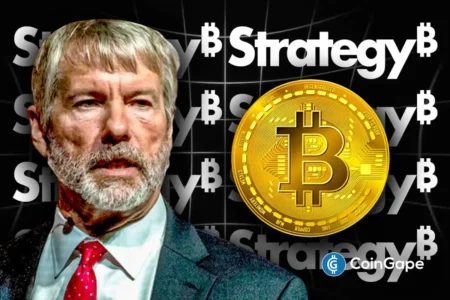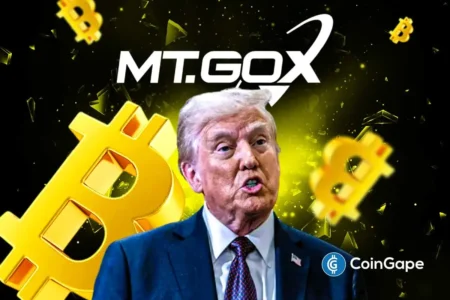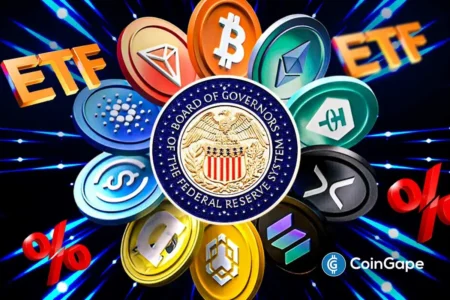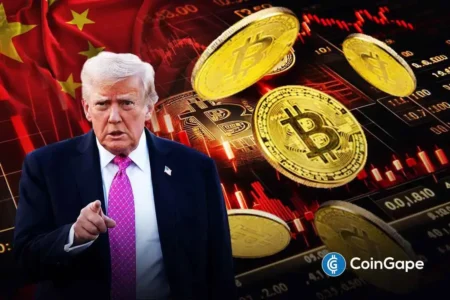U.S. Fed Chair Selection: The Race to Replace Jerome Powell
As the future of the Federal Reserve hangs in balance, U.S. Treasury Secretary Scott Bessent has unveiled the final shortlist of candidates to succeed Jerome Powell, who is set to depart by the end of the year. This development has generated considerable speculation and anticipation as President Donald Trump aims to finalize his decision before the year’s end. The pressure is on as policymakers face critical economic challenges in light of the upcoming decision.
Who’s in the Running?
The five contenders highlighted in Bessent’s announcement include current Federal Reserve board members Christopher Waller and Michelle Bowman, former Fed Governor Kevin Warsh, White House National Economic Council Director Kevin Hassett, and Rick Rieder, a prominent figure at BlackRock. Bessent is conducting interviews and plans to engage in further discussions post-Thanksgiving, setting the stage for a thorough evaluation of these candidates. Notably, Trump has voiced his critical opinions on Powell’s leadership, emphasizing his frustration with the Fed’s approach to interest rate adjustments.
The Selection Process and Challenges Ahead
Secretary Bessent has emphasized the need for a “good slate” of options to present to President Trump. This is particularly crucial as the new Fed Chair will have significant influence over monetary policy, especially in relation to managing inflation and employment. Powell’s term as Fed Chair is slated to end in May, but questions regarding the federal monetary policy in the wake of upcoming interest rate meetings remain topical. Analysts suggest a 25 basis point rate cut could be on the horizon with the Federal Reserve’s meeting scheduled for October 29.
The Stakes: Inflation and Employment
With the Fed Chair position being pivotal amid ongoing economic uncertainty, Senate confirmation of the chosen nominee will be closely scrutinized. Lawmakers will likely examine the nominee’s stance on essential issues such as inflation, employment, and the independence of the central bank. Powell’s tenure has highlighted the broader impact of Fed policies on America’s economic landscape, and the next leader will have an integral role in shaping these policies in response to ongoing economic conditions.
Candidates in Focus: Waller vs. Hassett
Among the contenders, Kevin Hassett has gained the edge in emerging betting markets, receiving about 36% of the projected bets. His strong ties to the White House are viewed as advantageous. Conversely, Christopher Waller is garnering support based on his openness to digital finance, which could reshape how the Federal Reserve interacts with the evolving landscape of financial technology. Waller’s recent proposal for a "payment account" system could provide crypto-focused firms with access to the Fed’s payment network—a forward-thinking approach that has resonated with many.
Implications for the Future Economy
With the next Fed Chair poised to address significant economic challenges, the decision carries profound implications. As the U.S. government grapples with political turbulence, including an ongoing government shutdown, the new Fed leader will need to navigate these complexities while fostering economic stability. Trump’s critical stance towards Powell reveals the high stakes involved, as the next appointee must work diligently to establish investor confidence and address pertinent issues like inflation and interest rates, ultimately determining the direction of U.S. economic policy in the coming years.
In conclusion, as the race to fill the Federal Reserve Chair position unfolds, the broader economic implications of this selection cannot be underestimated. The nominated candidate will not only influence monetary policy but also shape the future of America’s economy amidst evolving global challenges. The coming weeks will be crucial as the Treasury and the White House finalize their choice, potentially setting a new course for economic leadership in the United States.

